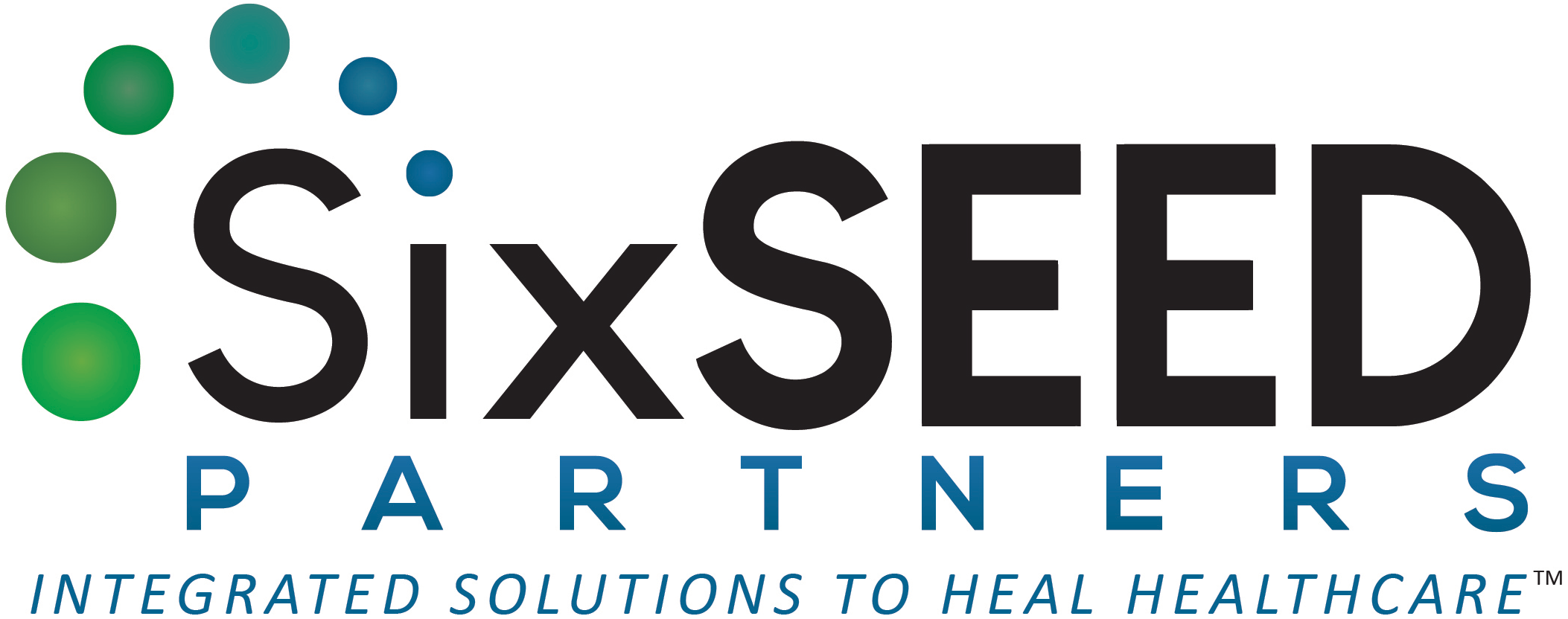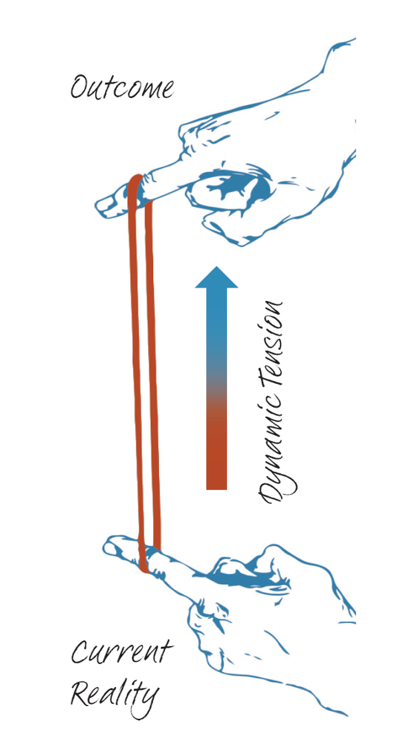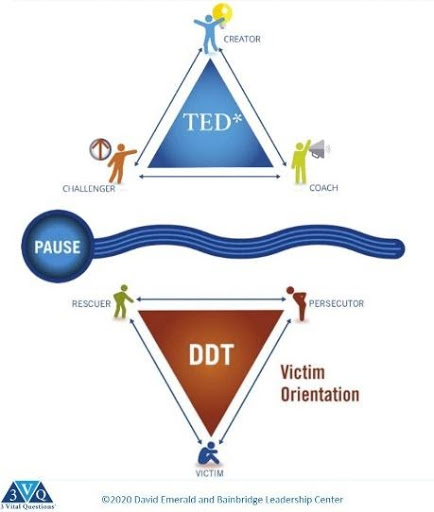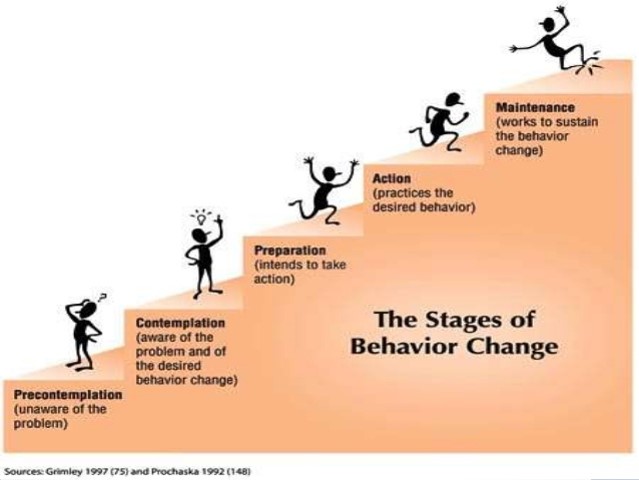Appreciating The Center for Creative Leadership and DavidMcLean for sharing these insights
Joy W. Goldman RN, MS PCC: CEO SixSEED Partners
Background:
As the world experiences a massive “re-entry” after being in fear and reactivity mode for the past eighteen months, becoming more resilient is on many people’s minds. David McLean, Director of People and Organizational Development at Lambton College recently highlighted on LinkedIn, a Center for Creative Leadership (CCL) article on eight steps you can take to become more resilient. We share David’s interest in resilience as we promote Well-Being for those who work in healthcare.
Appreciations:
David’s brief and succinct expansion on the wonderful graphic shared by the CCL in 2016 remains relevant for today. We notice elements of Daniel Pink’s Drive Model®: Purpose; Autonomy and Mastery; Carol Dweck’s: growth mindset® (learner mindset); Simon Sinek’s: “Why®,” and David Emerald’s work around The Empowerment Dynamic®, amongst others. These eight steps, as identified by the Leading Effectively staff in November of last year summarize very well actions in our control to become more resilient with whatever comes our way.
The embedded article expands on these eight steps to include taking care of one’s physical health including getting enough sleep and prioritizing exercise. They expand on reflection to include a journaling practice. All great suggestions with proven impact.
Yes, AND…..
I can imagine the sarcastic responses I might hear from those who’ve been working tirelessly to take care of others, allowing little time to spend on themselves. Is it lack of knowledge that prevents leaders from cultivating these habits or something else? It reminds me of the way we’ve approached “solving” the burnout issue within healthcare. Within our work at SixSEED Partners, as we take an ecosystem and system-integration approach to dealing with complexity, we advocate individual AND system responsibilities to create a generative culture and resilient leadership. Well-Being/ Resilience is not only an individual challenge; it is a cultural one as well.
I most agree with these writers that the mirror has to be turned inward. We need to abolish blame-filled cultures and ask our individual and collective selves, with courage and compassion: “how am I / are we contributing to the challenge I /we see before me/ us?” And we must ask this question when we are rested and healthy. We cannot see the horizon if we’re still buried beneath the earth.
Let’s hear from you
If you’d like to chat about a methodical and systemic approach that supports the individual and systemic change and resilience, we’d love to hear from you. Please message us on our LinkedIn page or send us an email here.
#culture, #systemintegration, #wellbeing
Acknowledgment: Centre for Creative Leadership





